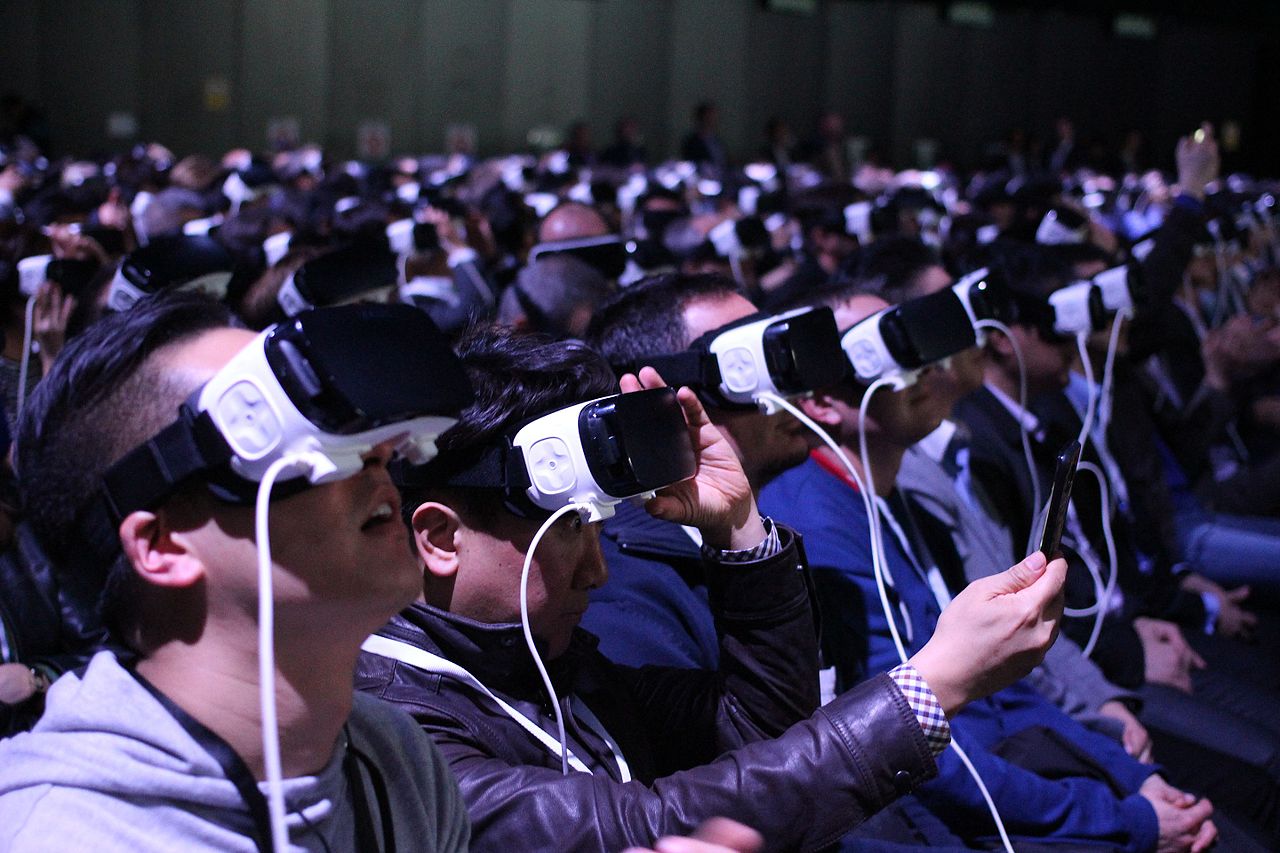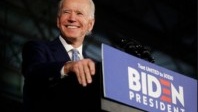Tourism and Travel Trends 2018
August 24th, 2018 José Sitbon No Comment News 2519 views
For many sectors, digital transformation has little to do with holidays in the sun.
But what about tourism and travel?
What are the digital trends in this sector that has prioritized the customer experience right from the start?
Tour operators are on a roll, with sales reaching a record $1.33 trillion in 2017. Despite the instability of the current global economy, the sector is even expected to continue its rise and pass the 5% mark, or $1.5 trillion in sales by 2020.
 The driving force behind this phenomenon?
The driving force behind this phenomenon?
The changing needs of consumers, who are more inclined to spend on experiments than on consumer goods.
This trend is particularly characteristic of Generation Y, the’millenials’, whose travel expenditures reach $200 billion per year (according to. In this age group, nine in ten consumers say they travel primarily to « experience something new.
When it comes to meeting the needs of Generation Y, the tourism sector has made its place in the sun. According to Decibel Insights, it is the tourism and leisure sector that best embraces the digital customer experience with 62.5% success rates, far ahead of distribution (53%) and telecommunications (25%).
What do consumers expect during their travels?
Consumers are increasingly traveling fibre and are looking for real experiences – the number of international departures has doubled in the last 20 years, from around 600 million to 1.3 billion in 2017. In the age of the informed and connected consumer, brands are finding it increasingly difficult to satisfy their customers and have no choice but to offer the best, on pain of negative returns; « unsubscribe », « no longer follow » or « I no longer like ». Retaining these consumers requires real skills for professionals in the sector.
Here’s what consumers really want from their experiences :
Being in charge of their reservation: customer commitment on each channel and throughout the purchasing process is a priority for marketers.
Create dynamic experiences: the mobile phone is the first object that travellers slip into their luggage. Why? Why? To better monitor and improve their on-site experience. Marketing professionals therefore have every interest in implementing targeted, personalized marketing campaigns and responsive customer service.
Receive appropriate services: According to American Express, 83% of consumers allow tour operators to record their personal and behavioural habits. Professionals therefore have an increasingly accurate data pool at their disposal.
Take advantage of better offers: the standard traveller now visits 4.4 websites (according to (Fuel Travel). It is therefore important to propose offers that are different from the others (cf lesson n°2 below).
Share their social media experiences: inseparable from their smartphone, 76% of social media users post status or holiday photos on their profile. This trend is also reshaping marketing budgets.
Free services: 77% of travellers would base their decision on the free services offered.
Reserve in advance: This time factor is essential to better plan retargeting campaigns.
New marketing technologies give tour operators wings
The travel world has not become the most consumer-centric sector with a mysterious treasure map. The evolution of tour operators towards digital reservation technologies is the very example of a well-controlled « digital disruption ».
 Professionals in the sector therefore rely on the following technologies:
Professionals in the sector therefore rely on the following technologies:
Artificial intelligence: technology capable of processing terabytes of data per second, it can link information from customer data platforms (PDC). Powered by this data, the machine learning algorithms then create customized offers for each consumer.
Distributed through omnicanal solutions such as Selligent Cortex, these offers allow customization of email, website and push notifications.
Voice technology: More and more hotel professionals are using voice assistance technologies (such as Amazon Echo speakers and Alexa voice assistant) in their establishments. According to Gartner experts, by 2020, 30% of web browsing will no longer be done on screens, but by voice technology.
Augmented reality: major hotel chains and tour operators are testing and interested in augmented reality applications. This was the case, for example, at CES 2018, Accor Lab 2018 presented CareOS, a software that aggregates the health and beauty data of its users via a large, connected and intelligent mirror.
Geofencing and location-based marketing: Tourism marketers use Near Field Communication (NFC), smartphone relays or GPS to send real-time notifications and greet travellers at their destination. Tour operators communicate their offers to their customers according to their geographical location, but also upgrades at advantageous rates, or individual services at check-in.
Autonomous vehicles: the airport shuttle of the (near) future may not have a driver. According to Forbes, 10 million cars without drivers will be on the road by 2020, and more than 95% of vehicles will be autonomous by 2040.
Human interaction: despite the imminent increase in (chat)robots, the human factor will always be part of the travel experience.
On the same subject
Joe Biden president : what are the consequences for tourism in the USA ?
« joe Biden has just won the U.S. presidential elections of 2020, and will cause...
Tourism and Covid-19: Why Saving Forests Can Stop the Next Pandemic
« The risk of pandemic is linked to habitat loss and wildlife exploitation. The...
Tourism in Mauritius: the double penalty?
Mauritius, along with the USA, Canada and the Dominican Republic, is one of the...










